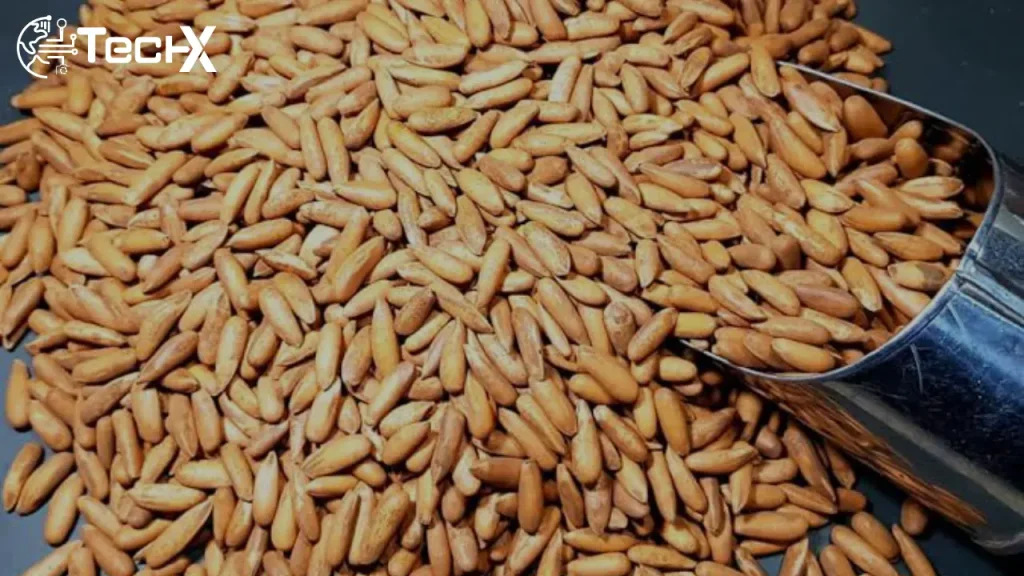Chilgoza, or pine nuts, in Lower South Waziristan have seen a dramatic fall in prices this year. The cost has dropped from Rs 10,000 per kilogram to just Rs 3,000. This unexpected decline has shocked both farmers and traders who rely on the annual harvest. Many families depend on this income, and the sudden loss of value is creating uncertainty for those who work in the chilgoza business.
Oversupply Pushes Prices Down
Market experts say one reason for the fall is the larger-than-expected harvest. This season produced more chilgoza than traders anticipated. When supply increases so sharply, prices drop naturally. The market becomes flooded, and buyers can pay less. Farmers who expected high earnings now face much lower profits. This oversupply has made the situation worse, leaving many producers worried about recovering their costs for the season.
Slower International Demand
Another factor is the decline in international orders. Pakistani pine nuts are exported to many countries, but buyers abroad are placing fewer orders this year. Lower global demand reduces the overall market value inside the country. Traders feel the impact immediately as they struggle to find buyers willing to pay previous prices. The combination of high supply and weak demand has created a significant imbalance in the market.
Also Read: Gold & Silver Rates in Pakistan 26th November, 2025
Transportation Challenges Affect Prices
Transport problems are also contributing to the price drop. Trucks carrying chilgoza face frequent checks at checkpoints, especially near Lahore and Rawalpindi. Customs officials and police inspections delay deliveries. Longer transportation times mean the nuts lose freshness, which lowers their selling price. Traders face higher costs and more stress, as delays make it difficult to maintain quality and attract buyers willing to pay good prices.
Financial Pressure on Local Farmers
Local traders warn that these challenges could harm farmers’ future income. Many rely on chilgoza as their primary source of livelihood. The low prices and high costs of transport create financial strain for families in South Waziristan. If the situation continues, some farmers may struggle to cover expenses for the next season. The current market conditions are a warning for both producers and traders across the region.
